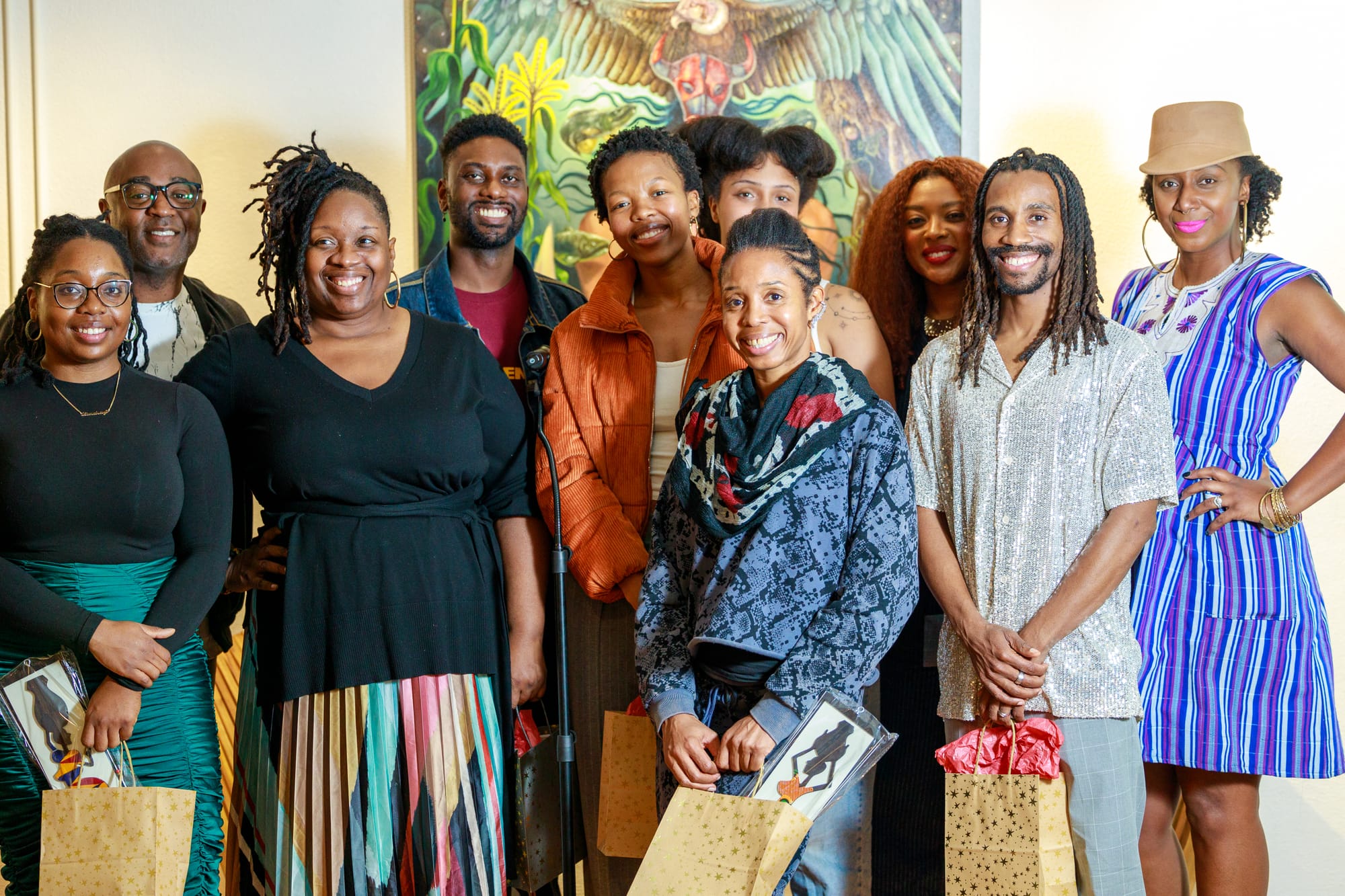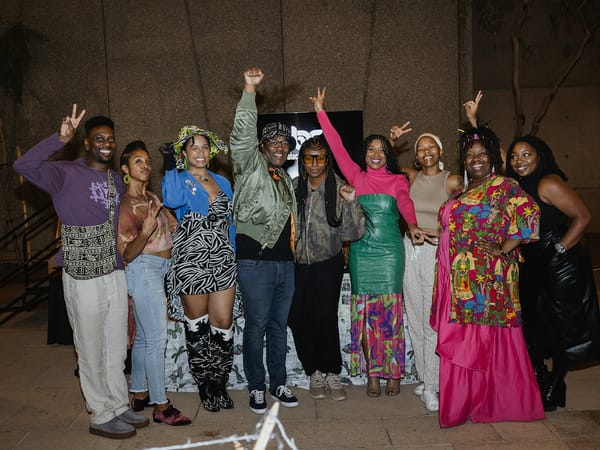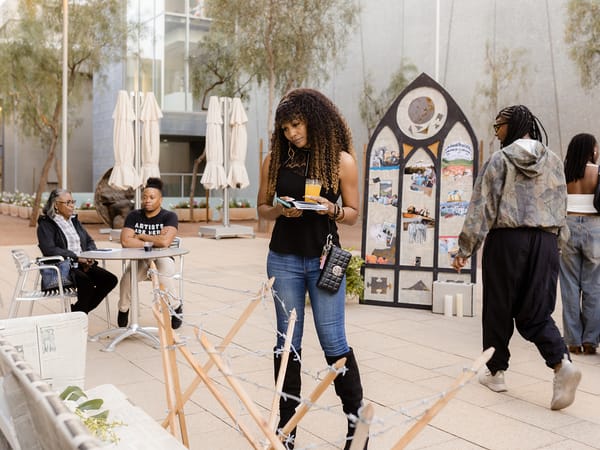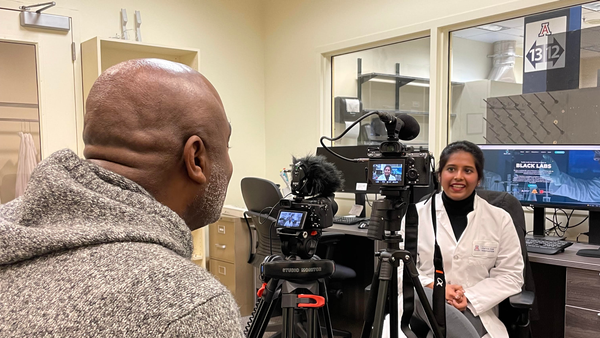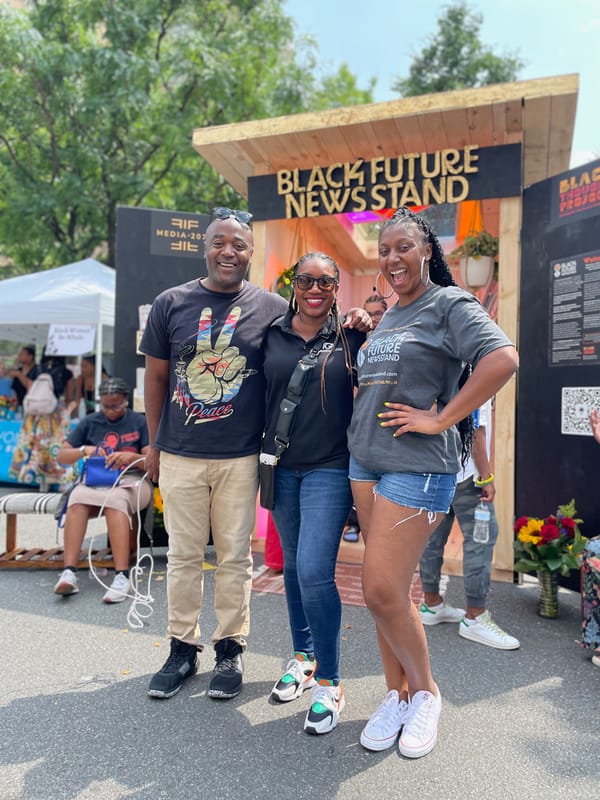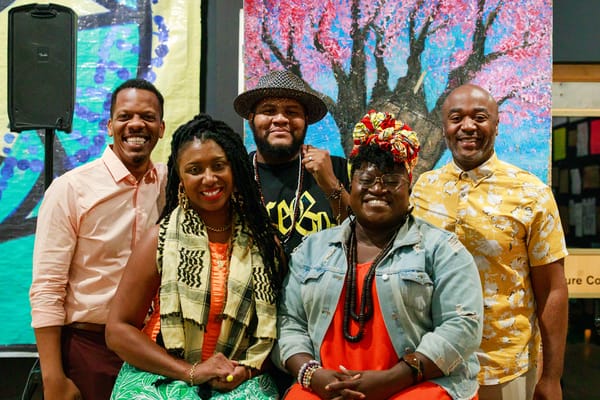A name is never just a name. It is history pressed into syllables, a story carried forward, a bridge between what was and what will be. To be named is to be claimed—to belong to a lineage, a people, a place, even if that place exists only in memory. And yet, for so many of us in the diaspora, names have been lost, stolen, rewritten.
Some names arrived on ships, stripped of their fullness, reshaped to fit foreign tongues. Others were taken as an act of resistance—self-naming as reclamation, as power, as the first step toward freedom. Names can be burdens, but they are also blessings. They remind us of who we are, even when the world tries to make us forget.
Think of the names passed down through generations—whispered in lullabies, etched onto headstones, carried in prayers. Think of the names that were silenced, erased by colonial records, mispronounced into something unrecognizable. And think of the names we choose for ourselves, the ones that fit like second skin, the ones that call us home.
In every culture, naming is an act of significance. Among the Akan of Ghana, a child’s name often reflects the day they were born, tying them to cosmology and destiny. In many Black communities across the world, naming ceremonies celebrate not just the individual but the continuation of lineage. To name is to root. To name is to honor.
But what happens when names are taken? When the weight of history makes it impossible to trace them back? When the only names we have are the ones imposed upon us?
For generations, Black people have found ways to reclaim what was lost. Some return to African, Caribbean, or Indigenous names, reaching across time to restore connections. Others create new names, crafting identities that reflect their journeys, their dreams, their truths. And in some cases, names become an act of defiance—like Malcolm X, who rejected the surname given by enslavers, or writers and artists who choose names that speak to their creative legacies.
The weight of names is heavy, but it is also sacred. It carries the echoes of ancestors, the prayers of parents, the dreams of children yet to be born. To say a name is to invoke presence, to affirm existence. It is why we chant names in protest, why we write them in poems, why we carve them into stone.
So, what does your name mean to you? Who spoke it first? Who will carry it forward? In answering these questions, we do more than recall our past—we shape our future. Because names are not just words; they are testimonies. They are proof that we were here, that we are here, that we will always be.


